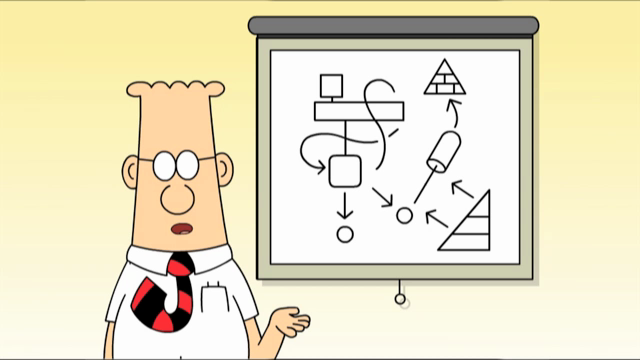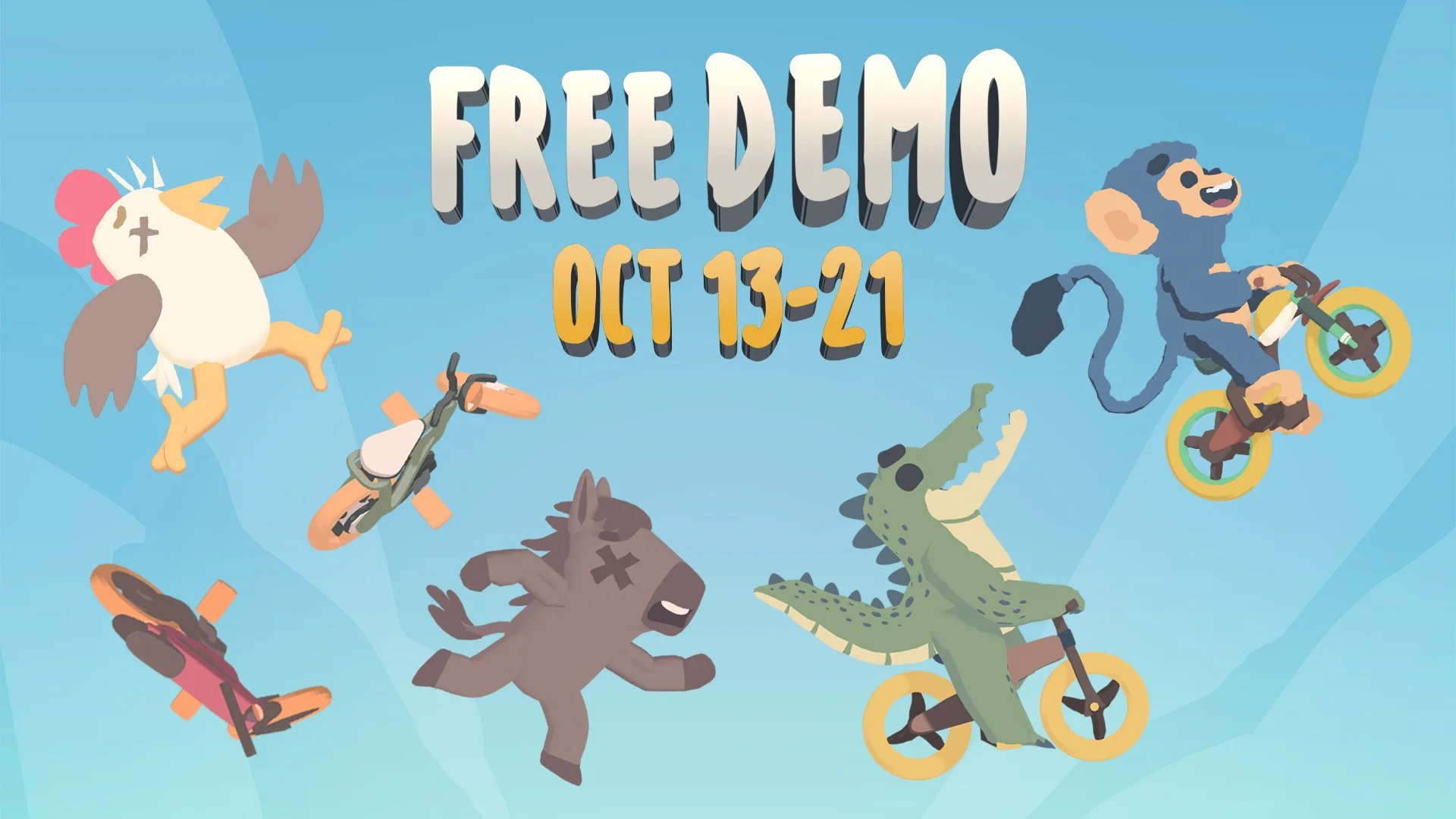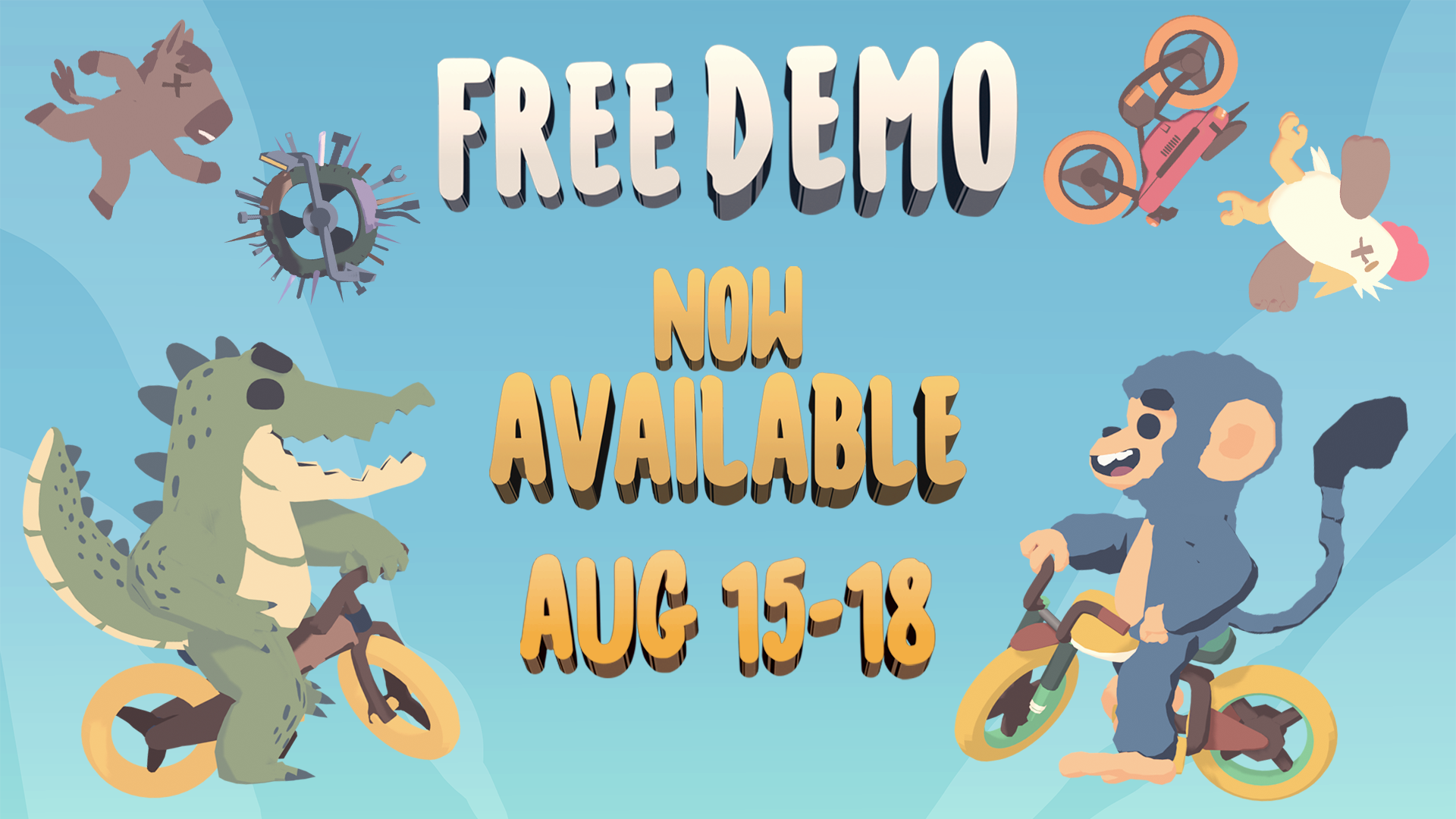Some of the Hidden Realities of Game Development
/Hi friends! This month I wanted to talk about something that comes up all the time in discussions with other game developers, and actually is something we've sort of addressed in a previous blog post where we outlined some of the details of porting to consoles.
There are a lot of things that go on behind the scenes in a game development company, in fact in all game development companies, that go generally unnoticed by the general population. That's fine, and it's expected, because what you see is what we put out in our game, trailers, blog posts, content updates, and Twitter feeds. But what else goes on that might motivate some of our ideas that the average gamer doesn't know about?
We make games, and games are fun, but we still need to run a business.
In an ideal world, every game developer would make exactly the game they dream of, not limited in the content they can produce, not limited by their own talents or the talents of their colleagues, not limited by a publisher's wishes or orders, and not limited by consumer expectations. But in reality, we run businesses and this ideal world would require infinite time and money.
This doesn't mean that all of our decisions, or even most of our decisions, are driven by making money. What it does mean, however, is that when someone is putting out a single player puzzle game that should last 4 hours and selling it for $9.99, there is absolutely no way for them to make it a real-time co-operative online multiplayer open world procedurally generated puzzle game... still for $9.99.
What the developer wants in that situation is irrelevant, the fact of the matter is that even if the money was there to hire the network programmers, additional artists, etc... there would still be a question of dealing with the cost of keeping those people after launch, based on how much the game might earn. It also means that developer now becomes a manager more than a developer, and needs to learn new skills and work in a new position. There are hundreds more questions that arise from decisions like this, and all are bigger than most people might think.
Our friends at Juicy Beast wrote a nice article explaining why they made Burrito Bison 3, if you'd like some additional reading.
The financials are not always what they seem...
On the surface, as I mentioned earlier, people see games. The games come out every couple of years or so, and are often delayed. What people don't see is that the driving forces for decisions can be very different for different companies. Just in Montreal, I can name five similar sized studios that have fairly significantly different business models and way of funding their projects, making their decisions about what games to work on, hiring employees, etc. Double Stallion Games (BAMF and OK KO), Thunder Lotus Games (Jotun and Sundered), Kitfox Games (Shattered Planet and Moon Hunters), KO-OP Mode (Please Don't, Spacedog! and GNOG), Norsfell (WinterForts, Airline Tycoon) are all accomplished studios which have put out at least two games (more than us so far!) and have reliably kept making quality games and kept people employed making those games.
The event that sparked this section of the post is the announcement that Hibernum (shown below), a seemingly extremely profitable Montreal company that did mostly contract work and used licensed IP to make mobile games, let go of most of their employees last week. Even though I'm close with people from that company (including some executives), and even though their games appeared to be successful, this can happen. So what's the situation under the hood? We never really know. Obviously I can't talk about anyone's (including our) financial situations directly, but in some cases, studios need to put their own ideas on hold and take contract work to survive. Sometimes they need to restructure, sometimes they shut down, and sometimes they make millions of dollars and stay single-person companies.
There's usually more to the story than just design ideas or preferences of the developers.
We can't make all of the changes people suggest, even if we love the ideas.
Games are hard to make. I mean, sure, that's easy to say. Most things are hard to make. Music is hard to make, film is hard to make, fine art is hard to make, engineering plans for a skyscraper are hard to make too.
But imagine you're making a movie, and you've got this nice set designed, and actors all ready to go. Then the cameraman decides he wants his own experience in your story. He moves through the scene, looking where he pleases, missing the action you so perfectly designed, getting too close to the pyrotechnics you set up... oh but not only that. He also moves to every corner of your set to try to find gaps where things don't look right. Sometimes he shoots your actors, just to see what would happen, and sometimes he just does nothing. This is just an example of how game development can be challenging.
In our own game, we get many requests for changes. We love them because they spark ideas, and some are super useful. Some are less thought out, which is fine, except when they're phrased as "why don't the developers just do this, it's so easy". If we want to attempt to do something "simple" like adding 8 players playing at once ("it's so easy, you already have the characters there"), it would take... I have no idea how much time. Probably months. "Months? But it's so easy!" We would need to redesign the entire user interface, design the user experience as they go through menus and different scenes, change the scoring system, change the way saving data is handled on PC and on consoles, etc. etc. etc. etc. etc.
I won't suggest to anyone not to give us ideas and suggestions, but gamers need to be aware that there's always more involved than they think. There's always more involved than the developers think, and that's already a lot.
Games are delayed because unexpected things come up that can be avoided in other industries.
Well, in programming (in any field), project managers are always told to take the time estimate given to them by programmers and multiply it, usually by around 3 or 4. Naturally, the fact that you have people working in completely different fields on the same project (programmers, artists, designers, writers, project managers, marketing teams, business people) makes it such that the estimates are never as long as they should be.
Sometimes, people can get some positive feedback or some extra funding to build out more parts to a game which they didn't think they'd be able to do, so they need to produce more content and that takes, quite obviously, more time.
For the most part though, the reason is simply because things come up. Something that was done in the first two weeks of production might cause an issue eight months down the line which causes your networked play not to work, and might require a month of rewriting code. This happens. It's impossible to think of all possible issues, and the best designers can come close to doing it, but there will always be things that will come up.
Also, our industry has unfortunately fallen into a pattern of announcing our games way too early... like, a year too early. Then we're beholden to those dates, even though it's impossible to know a year in advance that a game will be ready. This isn't the audience's fault of course, and we recognize it's something we need to fix.
Our fans are our lifeblood!
On the positive side, one of the things that gamers sometimes don't see is how much they mean to us developers. First of all, we wouldn't exist if it weren't for people buying and playing our games. But beyond existing, we thrive off the knowledge that people are enjoying life experiences through our creations. We don't consider ourselves as providers of a simple product that you use and throw away like paper towel; we consider ourselves as providers of experiences that you can live, tell, imagine and re-imagine, and we are proud when we hear stories of what happened between real life people because of our video games.
Lastly, this blog post isn't meant to complain about what gamers say to game developers, quite the contrary. We appreciate everything that's told to us and we hope and expect to keep hearing it. But as much as we benefit from hearing from you, we also realize that gamers can benefit from knowing a bit more about the industry that they are part of (if you didn't exist, neither would we, so you're part of it!). So thank you, and I hope you enjoyed reading.
If you'd like to leave a comment, please do so on the Gamasutra article linked here.

























